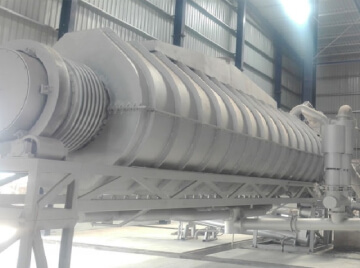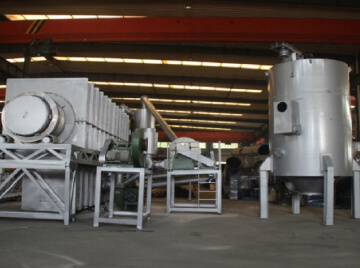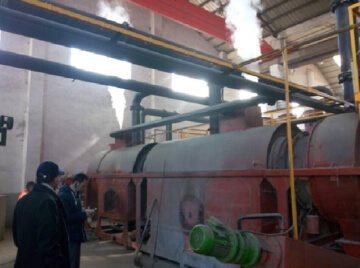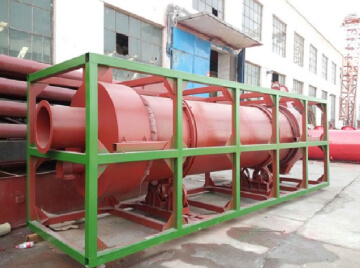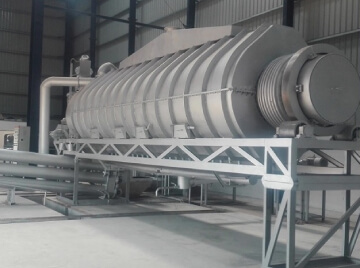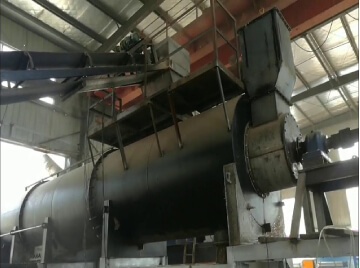
The most common types of organic waste that we encounter in our day-to-day lives are food waste, yard trimmings and clippings, and-hold your nose-sewage. While these are each different in terms of material composition and life cycle, they tend to present similar challenges.
KERONE is pioneer in application and implementation engineering with its vast experience and team of professionals. KERONE is devoted to serve the industry to optimize their operations both economically and environmentally with its specialized heating and drying solutions.
Organic waste can be converted into biomass in highly controlled environments. By various heat, air pressure, or oxygen levels, the properties of biomass can be transformed, resulting in liquid and gas fuels as well as solid materials with new properties.
The main types of thermochemical conversion is listed below.
- Pyrolysis
- Gasification
- Combustion
Each process requires different levels of oxygen to occur. Pyrolysis occurs when there is none. In gasification, there's a limited amount, while combustion can't happen without it.
Thermochemical conversion can be applied to one or more kinds of waste include the following:
- Food waste
- Municipal solid waste (MSW)
- Plastics
- Sewage sludge (also known as "bio-solids")
- Agricultural by-products
- Cuttings and trimmings from parks and residences
Product Images
